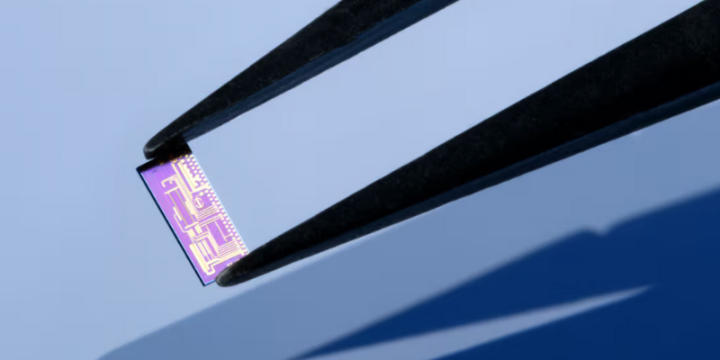A consortium of Demcon kryoz, Cooll and the University of Twente will develop an advanced cooling system for the Einstein Telescope. This enormous observatory will measure gravitational waves, which Albert Einstein predicted more than 100 years ago. It may be housed beneath the hilly landscape of the Dutch-Belgian-German border area. The consortium will receive 2.6 million euros over a period of three years from the R&D scheme for the Einstein Telescope, financed by the Dutch National Growth Fund.
Vibration-free cooling to very low temperatures is necessary to detect the very weak signals from space. The three parties have a lot of fundamental knowledge and industrial expertise in vibration-free cooling. They are now using this to make the measurements much more accurate, for a better understanding of extreme events deep in the universe.
The Einstein Telescope will become part of the major European research infrastructure. There are now two competing initiatives for an underground location. In addition to Sardinia (It), this is the border area of the Netherlands, Belgium and Germany. This is suitable for an underground observatory because the soft top soil blocks vibrations caused by human activity on the surface, so that the measurements are not disturbed. It will be decided in 2025/2026 where the Einstein Telescope will be located and construction should start around 2030. A large number of universities and scientific institutions from the Netherlands, Belgium and Germany are now working on a joint candidacy.





